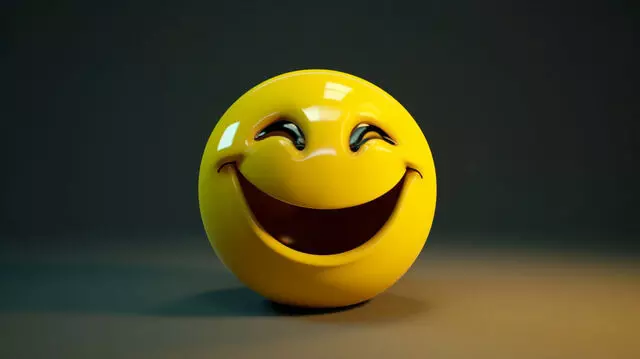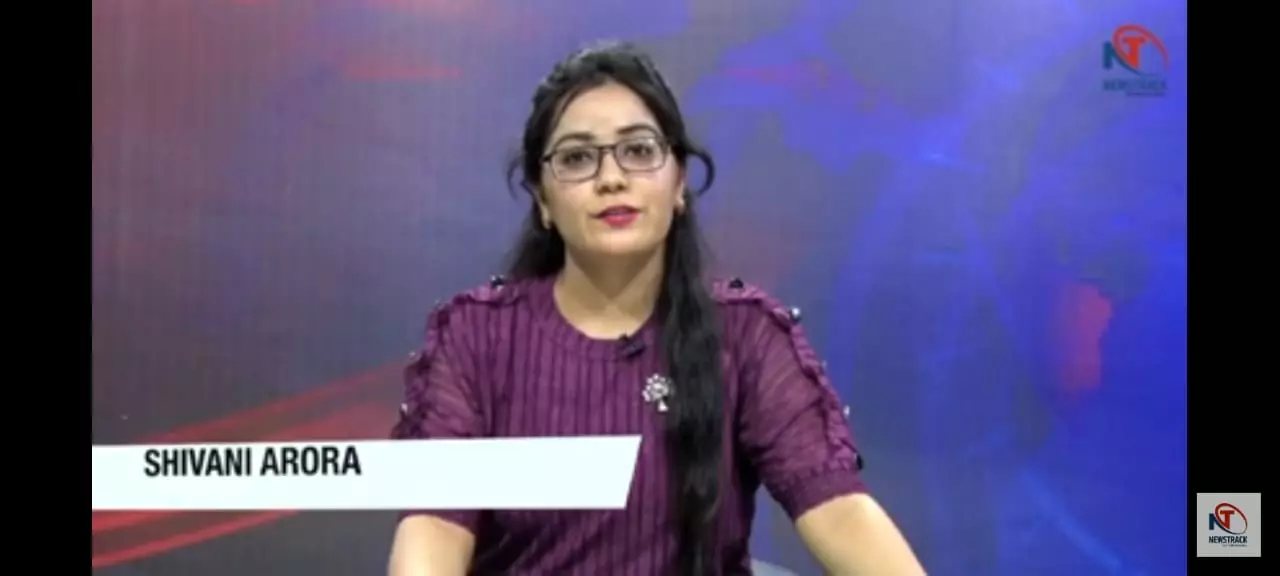TRENDING TAGS :
When Laughter and Smiling Become Flaws
In today’s tense and fast-paced world, humor and laughter are becoming rare emotions. This article explores why we no longer smile freely and how joy has slowly faded from daily life, families, workplaces, and even festivals.
Some incidents force you to pause and think, to closely observe human behavior and emotions around you, and wonder what is really happening.
Recently, I came across a few such incidents—related to humor and laughter—moments where, in different situations, one smiled or laughed in interaction with strangers.
On the surface, this may seem trivial, nothing worth discussing. Yet, these seemingly minor events presented a new perspective. The surprising part was how people, especially strangers, reacted to spontaneous smiles and lightheartedness—with suspicion and discomfort. They seemed disturbed, even offended, wondering why a stranger would approach them with a smile or laughter. Their minds must have instantly filled with doubts: there must be something wrong—some bad intention, a scam, or hidden danger behind this laughter. How could someone smile or laugh for no reason? It seemed completely abnormal, beyond comprehension. In contrast, if someone approached with a tense face and stern demeanor, it appeared perfectly “normal.”
Emotions Reversed: The New Norm
Laughter Now Seems Alien
This compelled me to think deeply. After much reflection, it appears that smiling and laughing are no longer considered natural, pure emotions. Instead, they are now viewed as signs of madness, deceit, foolishness, or frivolity. The real emotions today seem to be anger, tension, seriousness, and distortion. Observe the faces around you—study their body language—and you will see the same trend.
The Silence of Laughter in Our Homes
Has Joy Left Our Living Rooms?
Look within your own home: Are hearty laughs still heard? Is there still a space for humor and playfulness? Try to recall: when was the last time there was a genuine outburst of laughter between husband, wife, children? Chances are, you won’t remember even if you try. When was the last gathering filled with jokes and banter? Even after straining your memory, it won’t come to mind. Forget others—look at yourself. How often do you laugh freely? How much humor do you engage in—and how much can you even tolerate anymore?
A Neighborhood Without Chuckles
The Sounds Around Us Have Changed
Take a stroll around your colony: Do you hear laughter coming from any flat or house? You’ll likely hear the echoes of arguments and quarrels—but laughter seems missing.
Where Has Workplace Humor Gone?
Laughter Doesn’t Fit in Corporate Culture Anymore
Look at workplaces: Is there any space left for jokes or laughter? People hardly even talk anymore—let alone laugh. Everyone seems submerged like machines in machines, with smiles entirely forgotten from their faces.
The Disappearance on Daily Commutes
From Buses to Trains, Joy Is Missing
While traveling—whether in buses or trains—you will hear noise and chaos, but not much laughter or cheerful giggles.
Manufactured Joy in Parks
Laughter as a Prescription
Visit the parks: You might find a few people performing “laughter exercises”—mechanically laughing as part of a health regimen. There, laughter has become more of a medicine than a joy—something taken reluctantly, not naturally. Where has spontaneous, voluntary laughter gone?
Artificial Smiles on Screens
The Hollow World of Stand-Up Comedy
On TV or YouTube, there are stand-up comedy shows—but even there, laughter feels forced, mechanical. These are laughs where there are tears, but no water in the eyes. Smiles remain confined to lips—absent from the heart.
The Death of Humor in Literature and Culture
Joke Books and Humorists Are Now History
How far we have come! No one sells joke books on buses and trains anymore—perhaps such books don’t even exist now. Can you recall the name of any new humorist or satirist? Only the legends from the past come to mind.
Missing Wit in Social Gatherings
The Vanishing Art of Light Banter
In gatherings of friends or family, jokes and witty banter have vanished. Even dictionaries seem to have forgotten words like “tafreebazi” (light-hearted fun) and “chuhalbazi” (playful teasing).
Forgotten Traditions of Fun
When April Fool’s Day Was Actually Fun
April Fool’s Day comes and goes—barely acknowledged now. The tradition of playful pranks is almost extinct—even among children. Recall how once it was a cherished day where even foolishness was enjoyed—an event in itself. Now, even that single day has faded away.
Holi Without Laughter
The Vanishing ‘Holi Titles’ and Humor
Even Holi, the festival of colors and fun, has changed. Earlier, “Holi titles” were a cherished tradition—funny, witty nicknames secretly crafted and revealed on Holi day. Creating titles was an art, a playful ritual wrapped in secrecy—revealed only at the right time. These titles, even when sarcastic, used to make everyone laugh and rejoice. Today, such traditions are neither understood nor accepted. Many people today wouldn’t even know what “Holi titles” were. Perhaps it’s better they don’t—otherwise, in today’s hypersensitive times, such playful jokes might lead to police complaints or worse.
The End of Comedy in Cinema
When Making People Laugh Was an Art
Remember a time when films thrived on comedians? Major heroes looked small before legends like Mehmood. Today, there are no real comedy films, nor iconic comedians. Making people laugh has become a loss-making business that few wish to pursue.
The Larger Crisis
Laughter Is Becoming an Endangered Emotion
The sad truth is that laughter, humor, and light-heartedness are becoming endangered emotions. In an age where even basic human connections are strained, how can laughter survive? When relationships are constantly on the verge of breaking, how can humor exist?
Tension is etched on every face. Smiles have become mechanical and commercial. Jokes are taken seriously—and laughter has become a tool for mockery and sarcasm.
Why Has Laughter Disappeared?
Is There a Root Cause?
Perhaps our lives themselves have become a tragicomedy—or perhaps we have fashioned them into such a state that there is no room left for real laughter. What is the cause?
-
The obsession with money?
-
The erosion of relationships?
-
The violence embedded in society?
-
The polluted environment?
-
COVID? Vaccines? Diseases?
-
Societal conditions? Maybe it’s one thing—or maybe it’s everything together.
Do We Even Notice?
Has the Loss of Humor Gone Unseen?
The bigger tragedy is that the loss of laughter, the forgotten humor, and the disappearing comedy no longer even capture our attention. They have become irrelevant.
Do you think anyone misses them? Do you miss them?
If you don’t, take a moment to look within and find out where all of it has disappeared. Ask yourself—why has laughing and smiling now become seen as flaws?
(The writer is a journalist.)
[email protected]


